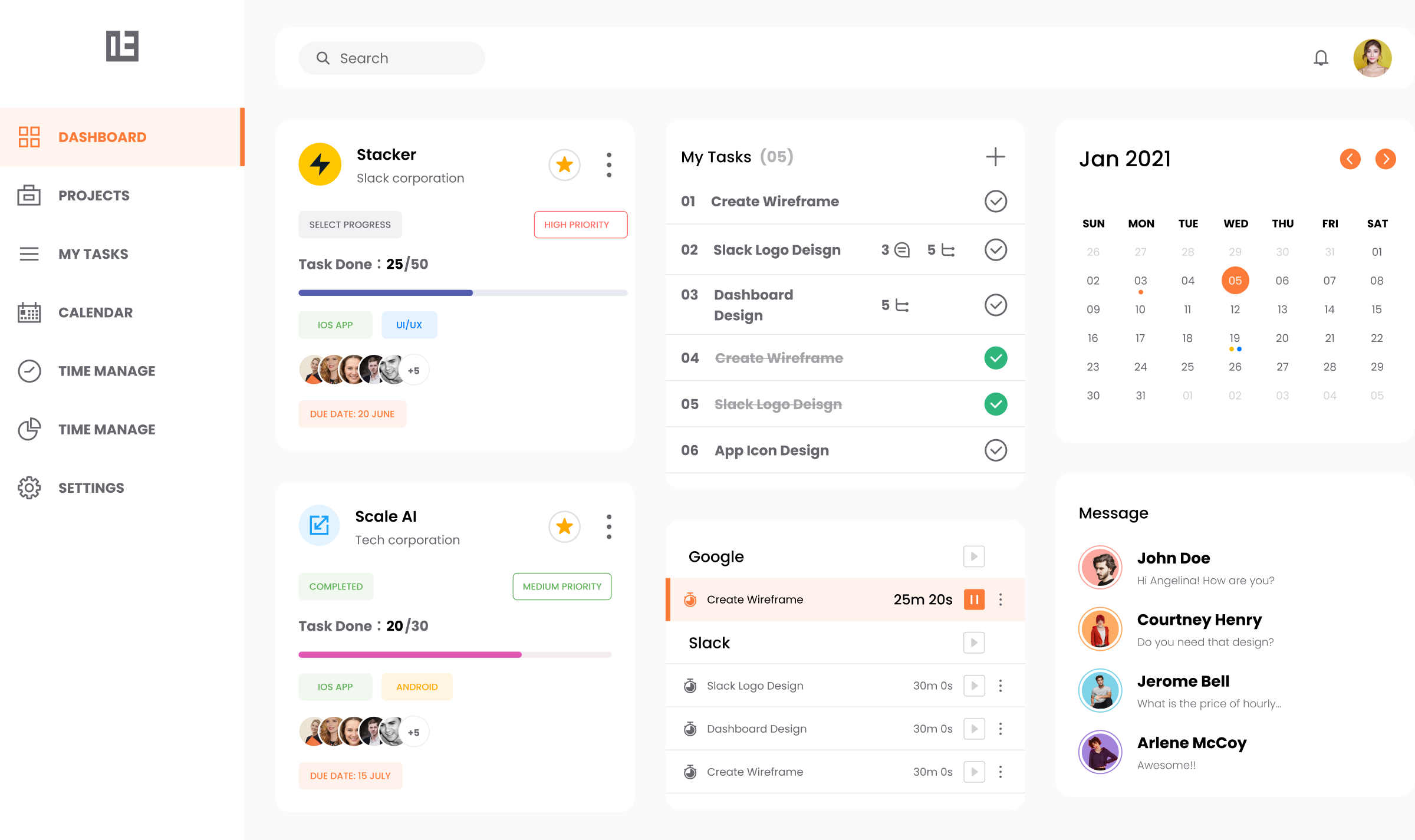Australia’s House of Representatives on Wednesday (November 27, 2024) passed a bill that would ban children younger than 16 years old from social media, leaving it to the Senate to finalize the world-first law.
The major parties backed the bill that would make platforms including TikTok, Facebook, Snapchat, Reddit, X and Instagram liable for fines of up to 50 million Australian dollars ($33 million) for systemic failures to prevent young children from holding accounts.
The legislation was passed with 102 votes in favor to 13 against.
Also Read: Australia will require social media platforms to act to prevent online harm to users
If the bill becomes law this week, the platforms would have one year to work out how to implement the age restrictions before the penalties are enforced.
Opposition lawmaker Dan Tehan told Parliament the government had agreed to accept amendments in the Senate that would bolster privacy protections. Platforms would not be allowed to compel users to provide government-issued identity documents including passports or driver’s licenses. The platforms also could not demand digital identification through a government system.
“Will it be perfect? No. But is any law perfect? No, it’s not. But if it helps, even if it helps in just the smallest of ways, it will make a huge difference to people’s lives,” Tehan told Parliament.
Also Read: U.S. Senate passes bill to protect kids online and make tech companies accountable for harmful content
Communications Minister Michelle Rowland said the Senate would debate the bill later Wednesday.
The major parties’ support all but guarantees the legislation will be passed by the Senate where no party holds a majority of seats.
Lawmakers who were not aligned with either the government or the opposition were most critical of the legislation during debate on Tuesday and Wednesday.
Criticisms include that the legislation had been rushed through Parliament without adequate scrutiny, would not work, would create privacy risks for users of all ages and would take away parents’ authority to decide what’s best for their children.
Critics also argue the ban would isolate children, deprive them of positive aspects of social media, drive children to the dark web, make children too young for social media reluctant to report harms they encountered and take away incentives for platforms to make online spaces safer.
Independent lawmaker Zoe Daniel said the legislation would “make zero difference to the harms that are inherent to social media.”
“The true object of this legislation is not to make social media safe by design, but to make parents and voters feel like the government is doing something about it,” Daniel told Parliament.
“There is a reason why the government parades this legislation as world-leading, that’s because no other country wants to do it,” she added.
The platforms had asked for the vote on legislation to be delayed until at least June next year when a government commissioned evaluation of age assurance technologies made its report on how the ban could been enforced.
Published - November 27, 2024 05:42 am IST








